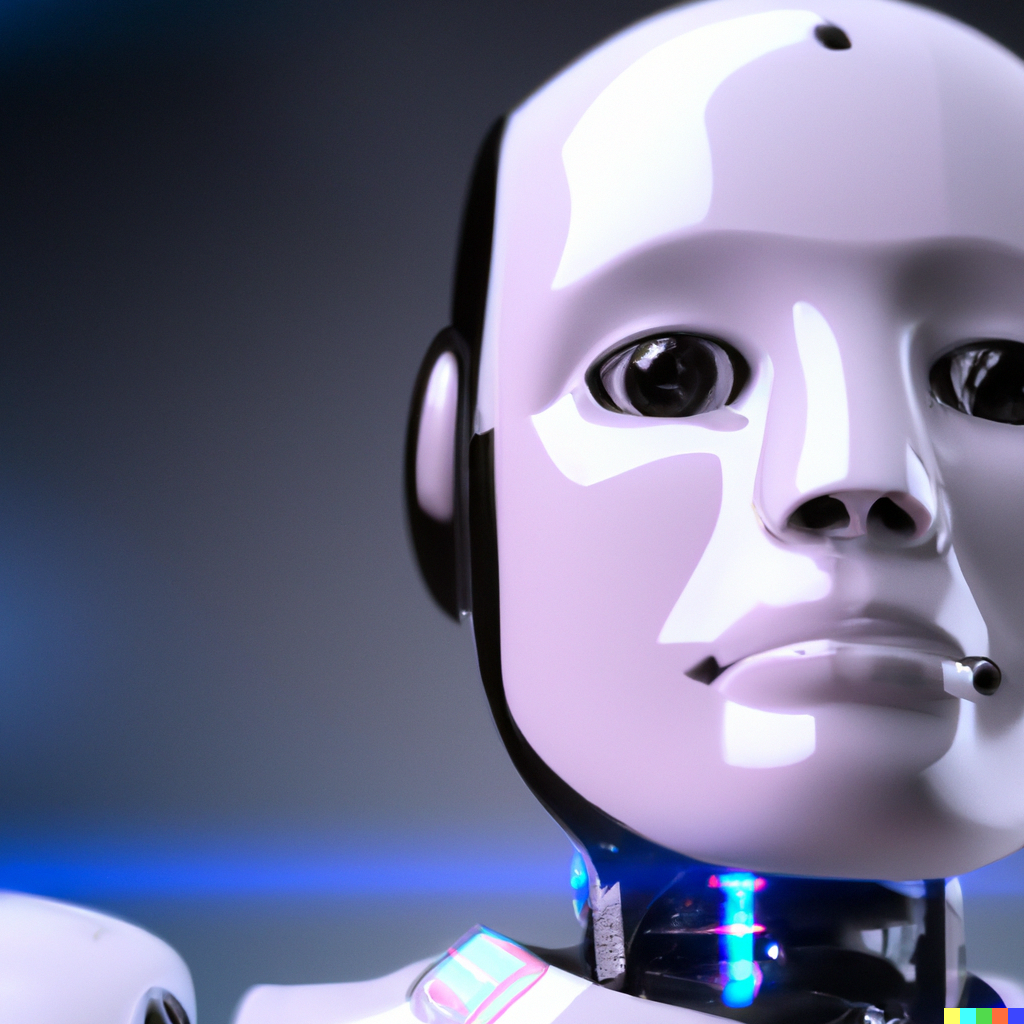Artificial Intelligence (AI) is rapidly transforming our world, with new applications and technologies emerging every day. As we enter a new era of AI, it’s important to understand the implications of these advancements and the opportunities they present.
AI has come a long way since its inception in the 1950s, and the field has seen tremendous growth and progress in recent years. Today, AI is being used in various industries, from healthcare and finance to transportation and entertainment. With advancements in deep learning, natural language processing, and computer vision, AI has become more sophisticated and capable of tackling complex problems.
One of the most significant advancements in AI is the development of neural networks, which allow machines to learn and improve their performance over time. Neural networks have enabled the creation of deep learning models, which can process large amounts of data and make accurate predictions based on that data. This has led to breakthroughs such as image and speech recognition, natural language processing, and even game playing.
Another area of AI that is rapidly advancing is robotics. Robots are becoming more intelligent, with the ability to perform complex tasks and interact with humans naturally and intuitively. This has led to new applications in fields such as manufacturing, healthcare, and even space exploration.
One of the most promising areas of AI is in healthcare, where it has the potential to revolutionize patient care and medical research. AI-powered diagnostic tools and predictive models can help doctors make more accurate and timely diagnoses, while also identifying potential health risks before they become more serious. AI can also be used to develop new treatments and therapies, as well as to analyze large amounts of medical data to identify patterns and trends.
AI is also transforming the way we work and do business. With advancements in automation and machine learning, AI can be used to streamline processes, improve efficiency, and reduce costs. AI-powered chatbots and virtual assistants are becoming more common in customer service, while predictive analytics can help businesses make more informed decisions.
However, with these advancements come new challenges and ethical considerations. As AI becomes more capable and autonomous, there are concerns about the impact it may have on employment and society as a whole. There are also concerns about the potential misuse of AI, such as the development of autonomous weapons or the use of AI to spread disinformation or manipulate public opinion.
Despite these challenges, the new era of AI presents tremendous opportunities for innovation and progress. By leveraging the power of AI, we can tackle some of the world’s most pressing problems and make significant strides in fields such as healthcare, sustainability, and education.
In conclusion, the new era of AI is upon us, and its impact on our world will only continue to grow. While there are challenges to be addressed, the potential benefits of AI are vast and far-reaching. As we move forward, it’s essential to ensure that we are using AI for the betterment of society and that we are developing technologies that are safe, ethical, and equitable.


